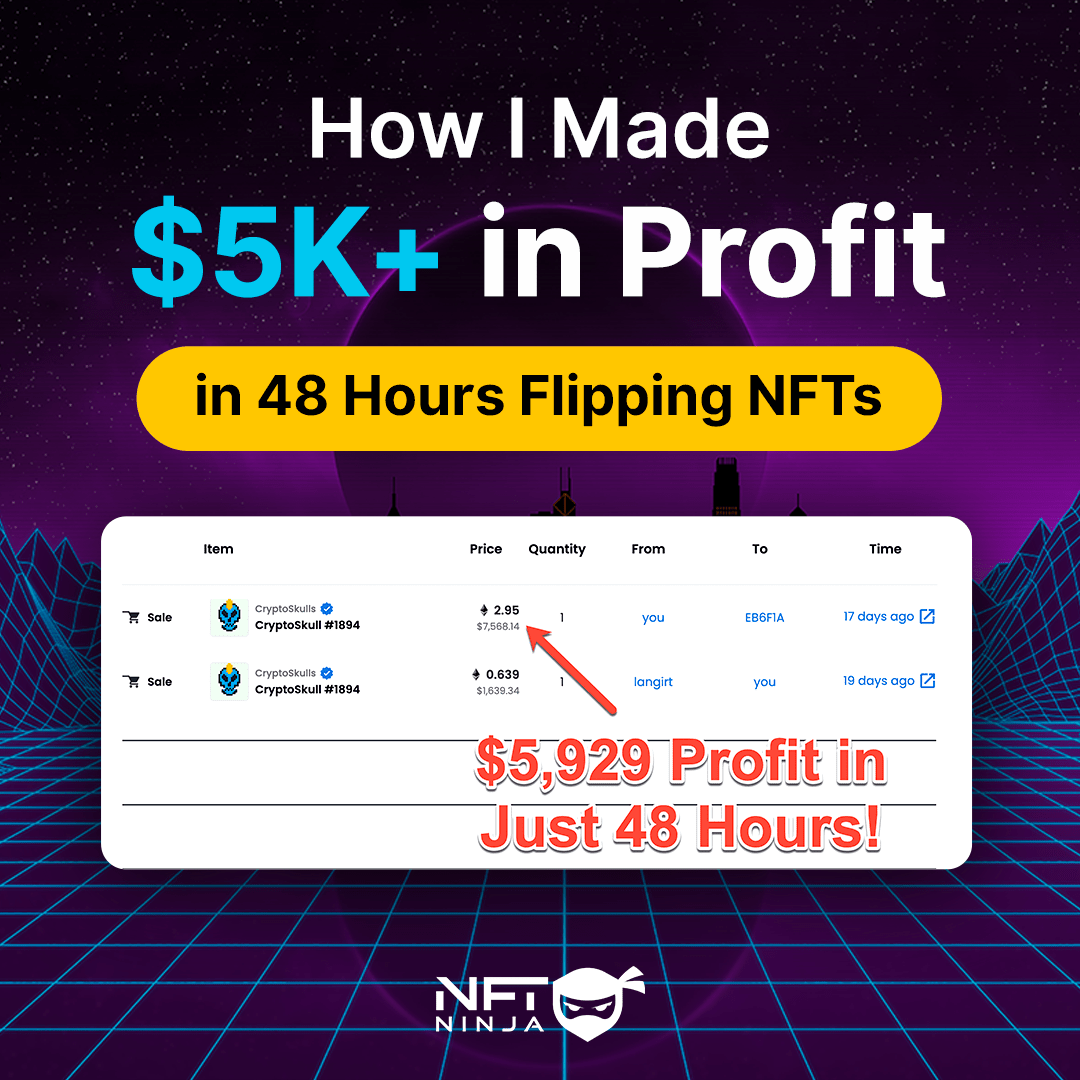The United States Securities and Exchange Commission (SEC)’s approval of the first-ever batch of spot Bitcoin exchange-traded funds (ETFs) has been a landmark event in the cryptocurrency world. Renowned institutions like BlackRock, ARK Invest, Fidelity, VanEck, and Invesco have received the green light to offer these innovative financial products. This guide aims to comprehensively explain how you can invest in these groundbreaking instruments.
Understanding Bitcoin ETFs
Holding Bitcoin ETFs vs. Bitcoin Directly
Bitcoin ETFs allow investors to gain exposure to Bitcoin without the complexities of managing a crypto wallet or dealing with cold storage. They are particularly appealing to registered investment advisers (RIAs), retirement funds, and investors who were previously unable or hesitant to invest in digital assets. Unlike purchasing Bitcoin on a crypto exchange, Bitcoin ETFs enable you to own a share of Bitcoin within a regulated framework.
The Nature of Spot and Futures Bitcoin ETFs
“Spot” in spot Bitcoin ETFs refers to the direct holding of the asset, as opposed to futures ETFs which deal with contracts to buy or sell Bitcoin at a future date. These ETFs can be traded during stock market hours, offering greater flexibility and liquidity.
Approved Bitcoin ETFs

The SEC has approved a range of Bitcoin ETFs from prominent fund managers. They will be listed across various U.S. stock exchanges, including the NYSE, CBOE, and Nasdaq. These ETFs, such as Grayscale Bitcoin Trust (GBTC) and BlackRock’s iShares Bitcoin Trust (IBIT), offer direct exposure to Bitcoin’s price movements.
| Fund Manager | ETF Name |
|---|---|
| Grayscale | Grayscale Bitcoin Trust (GBTC) |
| BlackRock | iShares Bitcoin Trust (IBIT) |
| Bitwise | Bitwise Bitcoin ETF (BITB) |
| Fidelity | Wise Origin Bitcoin Trust (FBTC) |
| ARK Invest | ARK 21Shares Bitcoin ETF (ARKB) |
| Invesco | Galaxy Bitcoin ETF (BTCO) |
| VanEck | VanEck Bitcoin Trust (HODL) |
| Franklin Templeton | Franklin Bitcoin ETF (EZBC) |
| WisdomTree | Bitcoin Fund (BTCW) |
| Hashdex | Hashdex Bitcoin ETF DEFI |
| Valkyrie | Valkyrie Bitcoin Fund (BRRR) |
How to Buy Bitcoin ETFs
Via Online Brokerage Accounts
Most brokerage platforms offer a straightforward process to purchase Bitcoin ETFs. Investors can use search tools to find the ETF by name or ticker symbol and trade accordingly.
Through Cryptocurrency Exchanges
Crypto exchanges are adapting to offer ETFs. Investors should keep an eye on platforms like Kraken and Coinbase for ETF offerings.
Financial Advisers
Financial advisers can be instrumental in facilitating Bitcoin ETF investments, especially for clients interested in crypto equity ETFs.
Robo-advisors
Robo-advisors like Wealthfront and Betterment offer an accessible and automated platform for purchasing Bitcoin ETFs, catering to both novice and experienced investors.
Traditional Banks
Investors can also approach traditional banks to purchase Bitcoin ETFs through their investment divisions.
Directly from ETF Issuers
Investors can directly buy ETFs from issuers’ portals, although this usually requires a brokerage account.
Steps to Buy Bitcoin ETFs via Brokerage Services

- Open a Brokerage Account: Choose a brokerage platform and complete the required KYC checks.
- Fund the Account: Deposit funds via wire transfer, check, or from another broker.
- Research Available Bitcoin ETFs: Understand key aspects such as the issuer and expense ratio.
- Select Preferred ETFs: Evaluate various funds to find those aligning with your investment goals.
- Place an Order: Choose the type of order (market, limit, stop) and complete the purchase.
- Monitor Investments Regularly: Regular review of investments is crucial for responding to market changes.
The Landscape of Bitcoin ETFs
The Significance of SEC’s Approval
The SEC’s nod to 11 Bitcoin ETFs signifies a major step towards integrating Bitcoin with mainstream finance. This move is expected to usher in significant funds into the crypto ecosystem.
Future Prospects
While currently limited to Bitcoin, there’s anticipation that ETFs for other cryptocurrencies might eventually receive approval. The current developments are seen as positive indicators for the broader cryptocurrency ETFs.
Key Considerations for Bitcoin ETF Investors
Investors should be mindful of:
- Volatility and Risk: Bitcoin ETFs, much like Bitcoin, are subject to market volatility and risk.
- Regulatory Environment: The evolving regulatory landscape can impact the performance and legality of these ETFs.
- Investment Goals: Align Bitcoin ETF investments with your broader financial goals and risk tolerance.
- Diversification: While Bitcoin ETFs offer exposure to digital assets, they should be part of a diversified investment portfolio.
Final Thoughts
Bitcoin ETFs present an exciting opportunity for both retail and institutional investors to engage with Bitcoin in a regulated and familiar investment framework. As with any investment, it’s crucial to conduct thorough research and consider seeking advice from financial professionals. The advent of Bitcoin ETFs is a significant milestone in the integration of cryptocurrency into the traditional financial system, potentially paving the way for more widespread adoption and innovation in the digital asset space.
Remember, investing in Bitcoin ETFs, like any financial product, carries risks, and it’s essential to make informed decisions based on your individual financial situation and investment objectives.
Please note that this guide is for informational purposes only and does not constitute financial advice. Always consult with a financial advisor before making investment decisions.


















